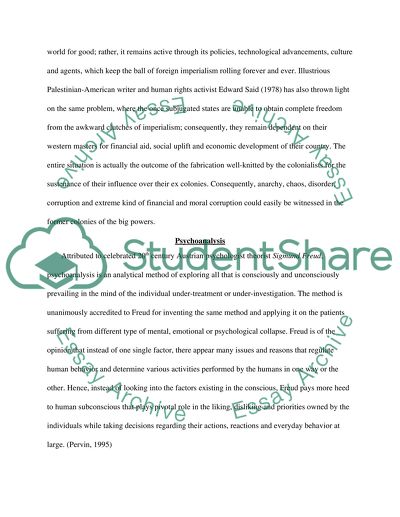Cite this document
(“Literary Theory The Dark Knight by Christopher Nolan and 2 short Essay”, n.d.)
Retrieved from https://studentshare.org/environmental-studies/1423648-literary-theory-the-dark-knight-by-christopher
Retrieved from https://studentshare.org/environmental-studies/1423648-literary-theory-the-dark-knight-by-christopher
(Literary Theory The Dark Knight by Christopher Nolan and 2 Short Essay)
https://studentshare.org/environmental-studies/1423648-literary-theory-the-dark-knight-by-christopher.
https://studentshare.org/environmental-studies/1423648-literary-theory-the-dark-knight-by-christopher.
“Literary Theory The Dark Knight by Christopher Nolan and 2 Short Essay”, n.d. https://studentshare.org/environmental-studies/1423648-literary-theory-the-dark-knight-by-christopher.


